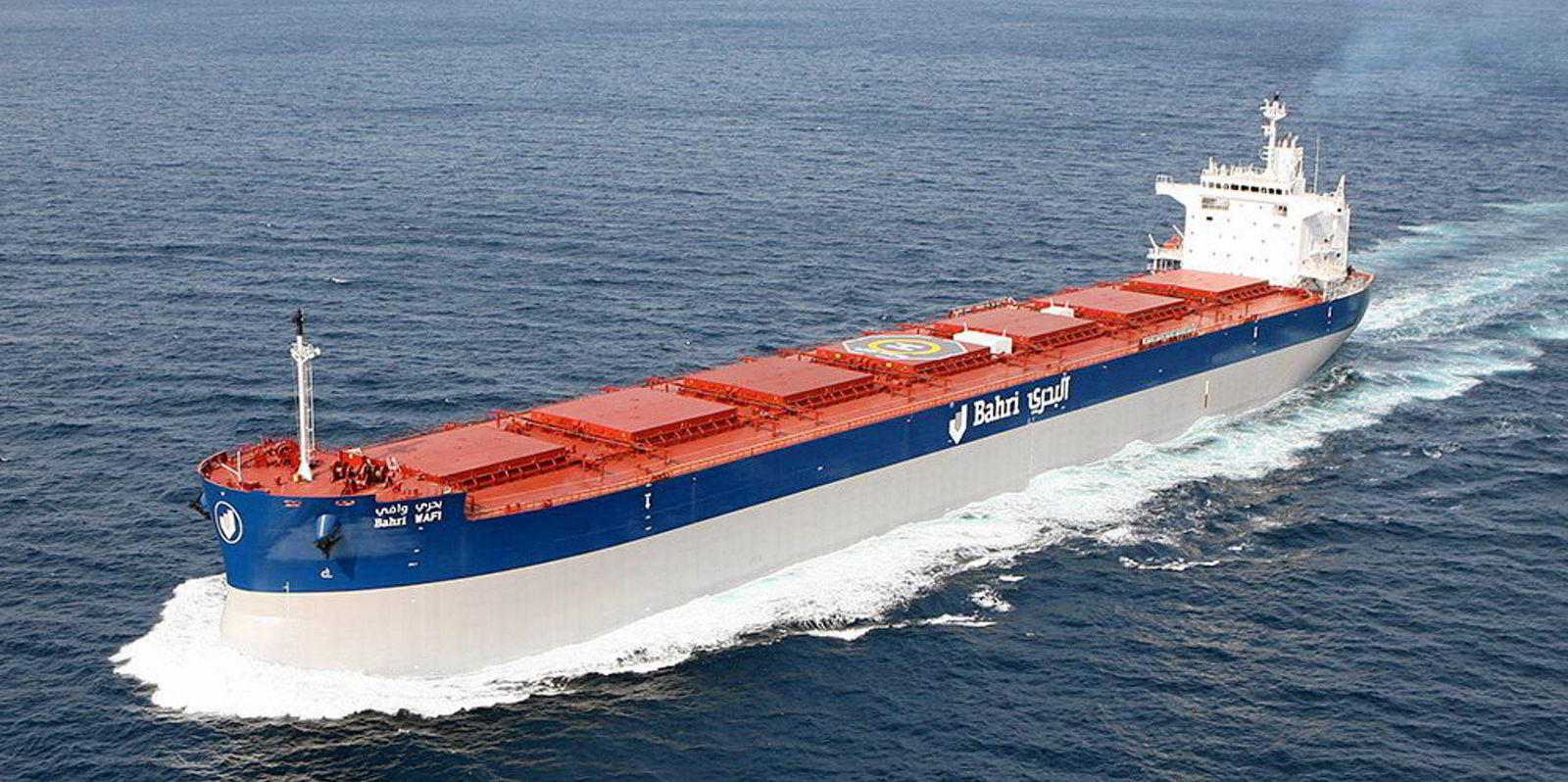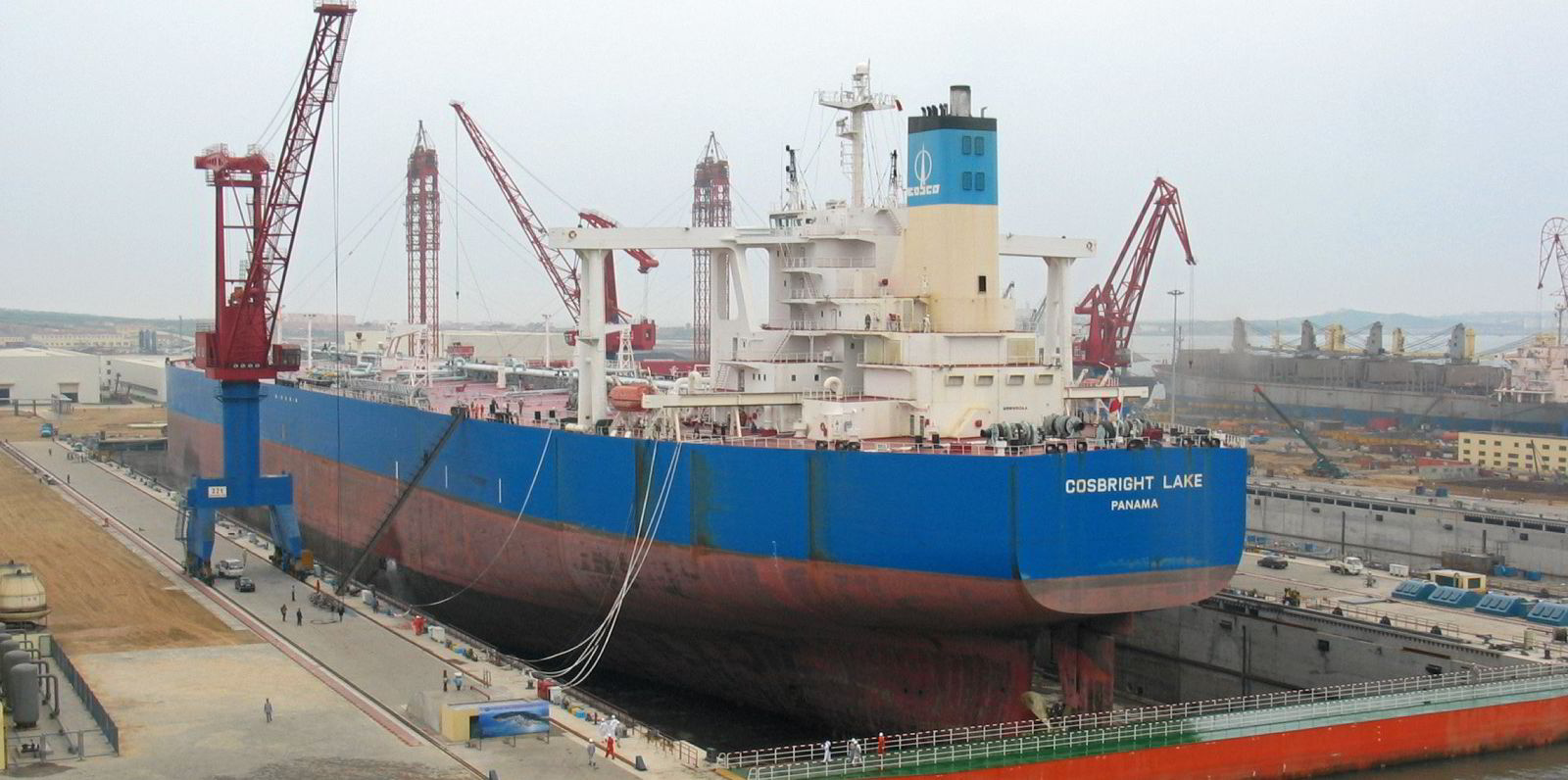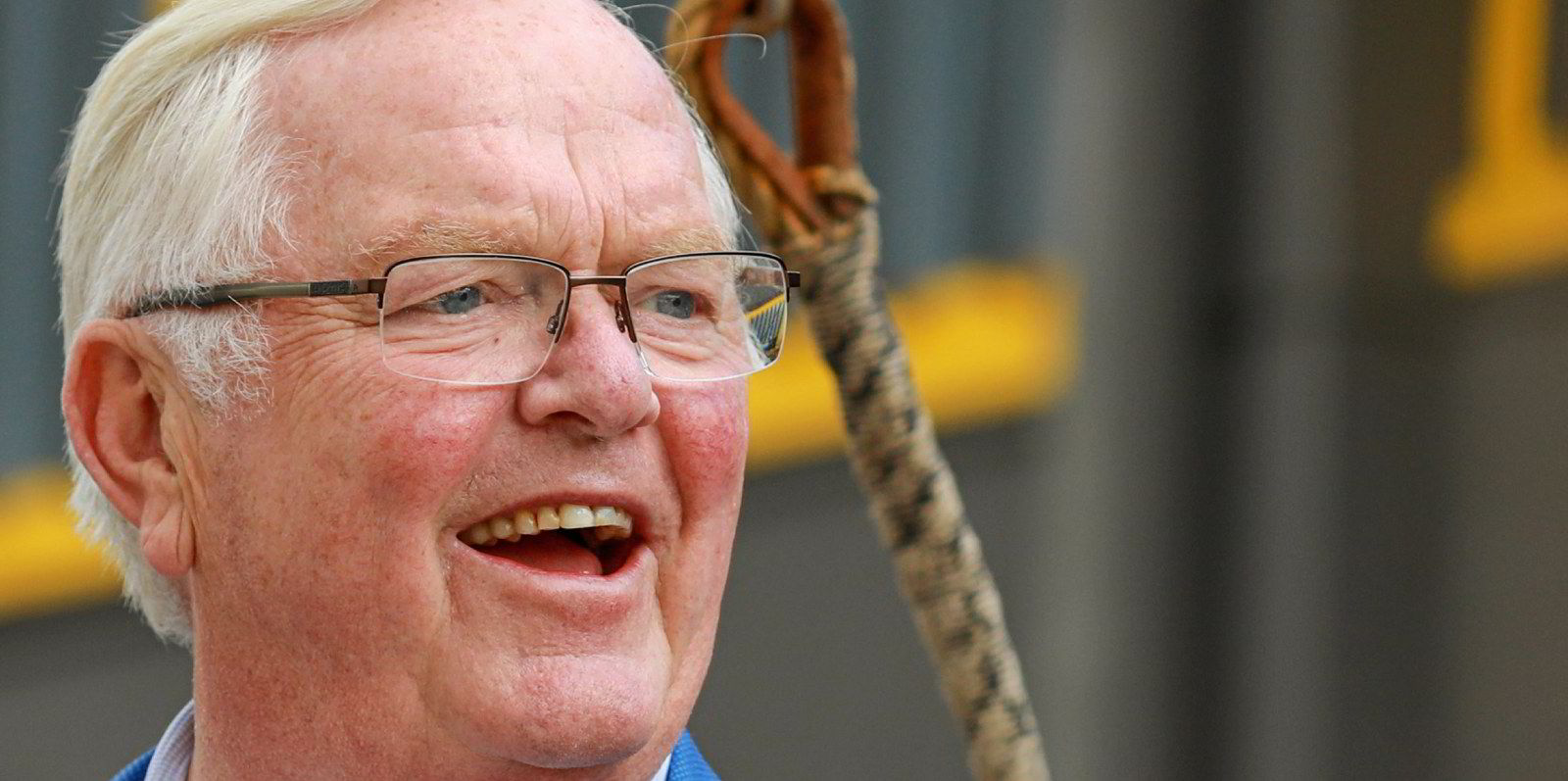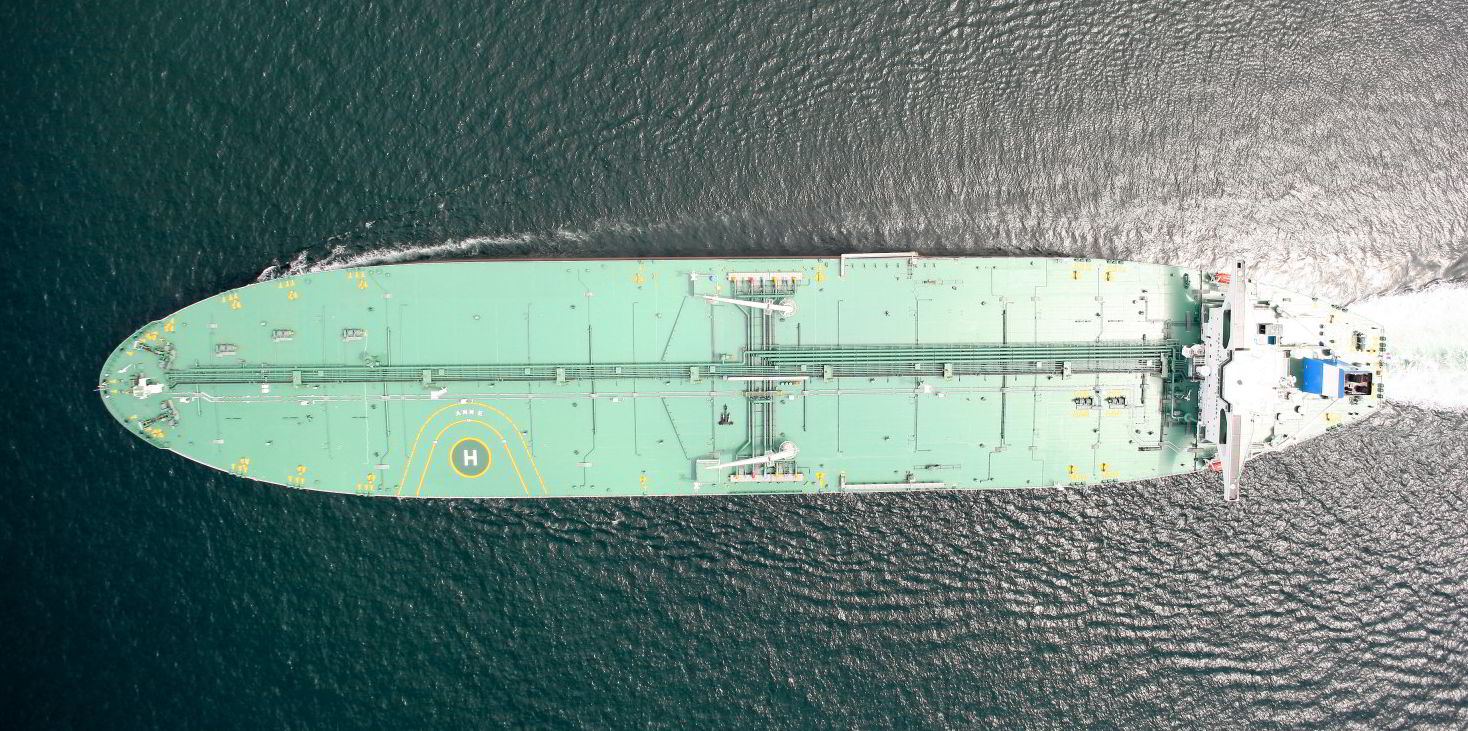Spot tanker earnings have ticked up due to reduced bunker costs following the Opec+ deal, but low trading activity overall is expected to curb rate gains.
After two weeks of stalemate, Opec and its Russia-led allies agreed over the weekend to hike their crude output by 400,000 barrels per day every month from August until at least December.
The news triggered sharp falls in crude futures, even though additional Opec+ barrels are yet to hit the market, bringing down marine fuel prices across main bunkering hubs.
“The only positive news in this summer doldrums is bunker prices going down, courtesy of dropping oil prices,” shipbroker Fearnleys said in a note.
The Baltic Exchange estimated spot VLCC earnings on the Middle East Gulf-China route at -$4,492 per day on Wednesday, better than -$5,010 per day on Monday.
Average suezmax earnings rose to -$1,223 per day from -$3,101, while aframax earnings increased to $538 per day from -$517.
Some experts suggested a small supply increase from Opec+ next month would not help ease tonnage oversupply despite a pick-up in activity elsewhere.
“There has been a bump in chartering activity in the Atlantic Basin for crude cargoes destined within the region and to the Far East,” Clarksons Platou Securities analysts Frode Morkedal and Omar Nokta wrote in a note.
“This has led to somewhat better sentiment, though rate improvements have been modest thus far.”
Brokers reported that BP chartered Nordic American Tankers’ 158,600-dwt Nordic Zenith (built 2011) for 40 to 60 days at $17,000 per day. It is said to be lifting a cargo from Malta on Friday for a trip to China.
“The ship is needed in the East for dry-docking,” said a broker.
The rate is higher than spot time charter equivalent assessments, which are calculated on a round-voyage basis with ballasting days taken into consideration.
Nordic American Tankers announced on Monday that it had two ships fixed at “firm” rates, but chairman Herbjorn Hansson said the Nordic Zenith is not one of them. TradeWinds has approached BP for comment.
With demand uncertainty and high domestic consumption during summer, Opec+’s Middle Eastern members — which hold most spare capacity — are not expected to increase supply significantly in the coming weeks.
“Opec+ is hyper-aware of demand speed bumps from new Covid strains and lockdowns, so will likely be cautious about ramping up exports too much in a month or two,” ClipperData commodity research director Matt Smith said.
Richard Matthews, Gibson Shipbrokers’ head of research, said the market should enjoy “a bit of an extra boost” in September and October once crude burn in Middle Eastern power plants eases off.
“We’ve got incremental extra volumes each month to the end of the year, which is a positive factor. But it’s probably not a game-changer for freight,” he added.







